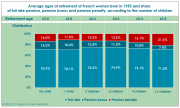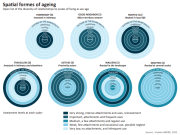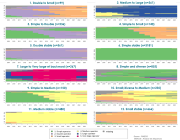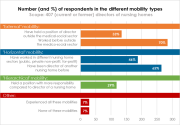
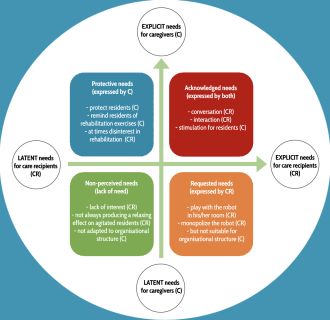
Yuko TAMAKI WELPLY, sociologist and ethnologist, examines the use of so-called social robots in institutions for older people with cognitive disorders. This technology is not strictly an integral part of the care system, but can play a social role in accompanying and supporting residents hence embodying an integral part of care procedures. Used by residents themselves or by staff, the robots play a full part in the interaction between caregivers and those who they care for. Yuko TAMAKI WELPLY analyses the micro-dynamics at play around the use of robots, linking them to the explicit or latent needs, which they meet.
Based on ethnographic observations and interviews conducted in a nursing home in Japan, Yuko TAMAKI WELPLY reveals the diversity of needs as expressed by residents and carers, who make use of these robots. By using the analysis grid developed by the Japanese sociologist Chizuko Ueno, she has classified the data in relation to the explicit or latent needs of the two types of users. Among the explicit needs of caregivers, Yuko TAMAKI WELPLY identifies a use linked to their desire to protect residents. For her, this use is part of a form of asymmetry of symbolic power resulting from the different roles and status of the users. These results point out that the use of the robot as a means of protection can prove to be excessive, when the recipient of the caring does not share a need to be protected.
As such, an analysis of the requirements that contribute to the use of social robots is essential to assess the value of each application. This needs to be done in the context of the care relationship established between the caregiver and the care recipient. In general, this analytic approach towards the needs of care-home residents and staff members can allow one to better understand ways that innovative technology can meet their needs, by taking steps to evaluate and adjust their use.
Ueno, C. (2011). Care no shakai gaku (Sociology of care). Oota Shuppan.
PhD candidate at IRIS, EHESS
- Thesis (provisional title) : Robots for care work: a study of technical devices to assist communication for residents of nursing homes in Japan and France. (Supervisor: Sébastien Lechevalier, IRIS, EHESS).
- TAMAKI WELPLY, Y. « Whose needs and what needs? Social robots in elderly care settings in Japan », Gérontologie et Société, 2024.
